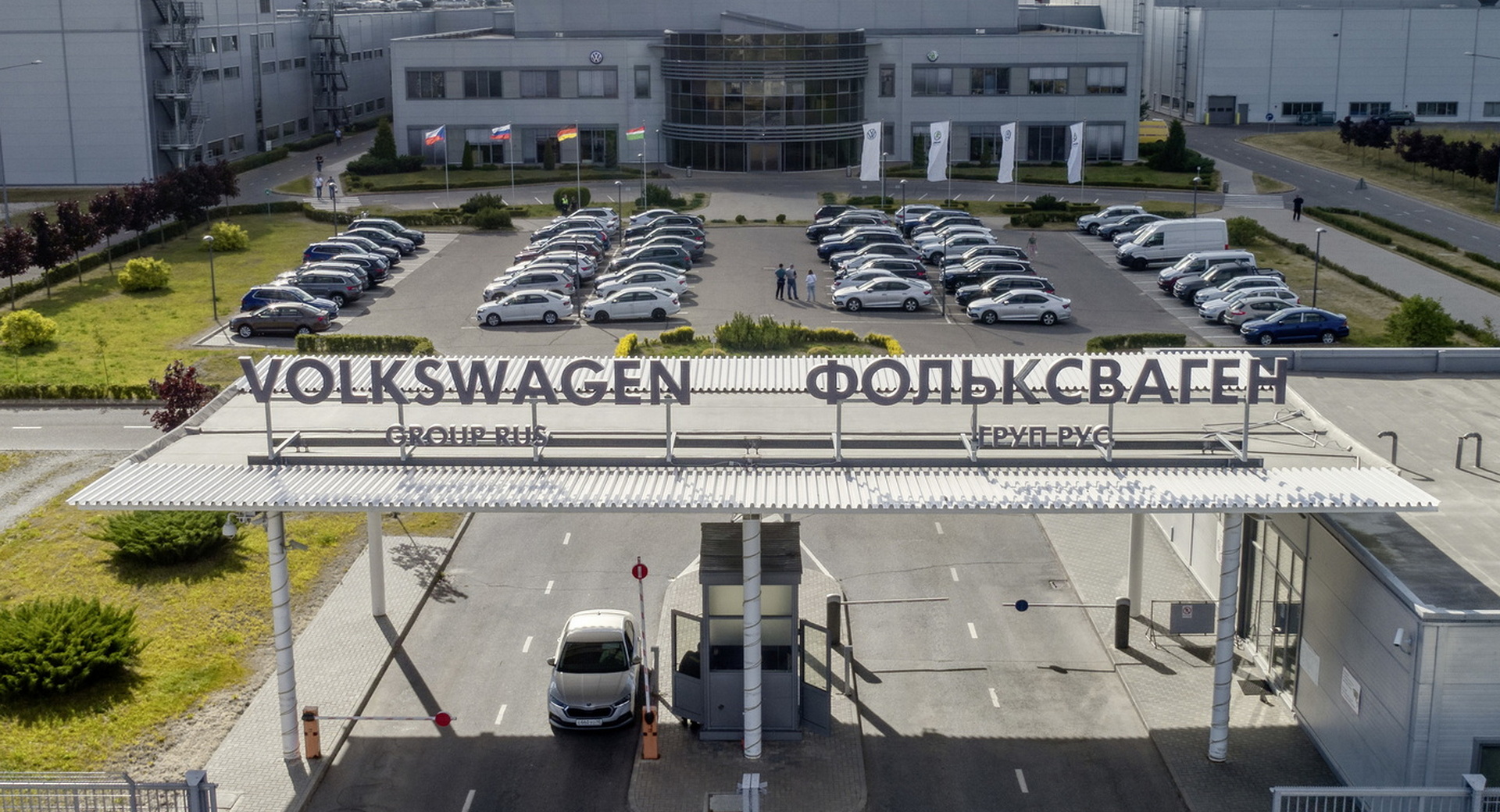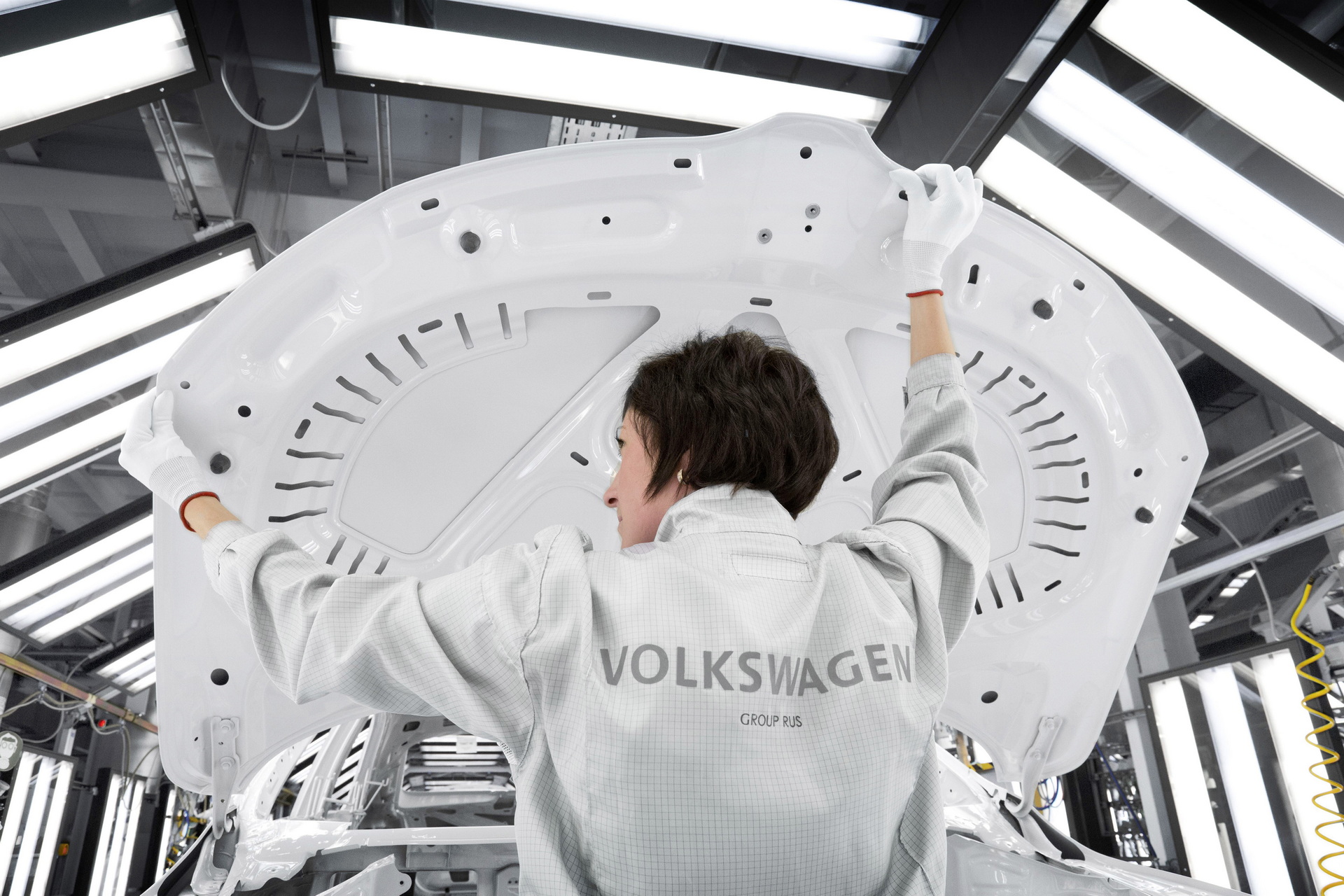Herbert Diess, the CEO of the Volkswagen Group, said that a prolonged war in Ukraine could be “very much worse” for the German and European economies than the COVID-19 pandemic and the resulting semiconductor shortage.
Interruptions to global supply chains “could lead to huge price increases, scarcity of energy, and inflation,” Diess told the Financial Times. The statement comes as Ukraine’s supporters, including many European countries and the United States, impose sanctions against Russia.
European powers, though, have so far chosen not to join the U.S. government in imposing a full oil embargo on Russia for its invasion of Ukraine. Europe depends on Russian oil, with the country supplying 45 percent of the continent’s gas imports.
Read Also: Lada Halts Production In Russia Due To Sanctions Over Ukraine Invasion
Still, energy markets have been sent into turmoil and Eurozone inflation hit a new record of 5.8 percent in February. It is forecast to go as high as seven percent in 2022.
“For a society like Germany, depending on Russian energy, raw materials… if you imagine a scenario where we cut off business relations with Russia, which we probably would have to do if this conflict [does not cease], you could not buy energy anymore and this would lead to a situation that might impact Europe and Germany considerably,” Diess said.
The CEO added that he was in favor of “maximum sanctions” against Russia. He believes, though, that “we have to come back to negotiations, to dialogue,” with the country whose military has been accused of targeting evacuation routes for civilians in Ukraine and of bombing a children’s hospital.
Volkswagen, along with its German competitors, paused production in Russia last week “until further notice.” This week, a member of the country’s leading party threatened to nationalize the manufacturing plants of foreign companies that paused production during the war.
Supply chain disruptions caused by Russia’s invasion of Ukraine, though, have had an impact on European manufacturing facilities. The longer the war lasts, the greater the impacts on international manufacturing are expected to be.






